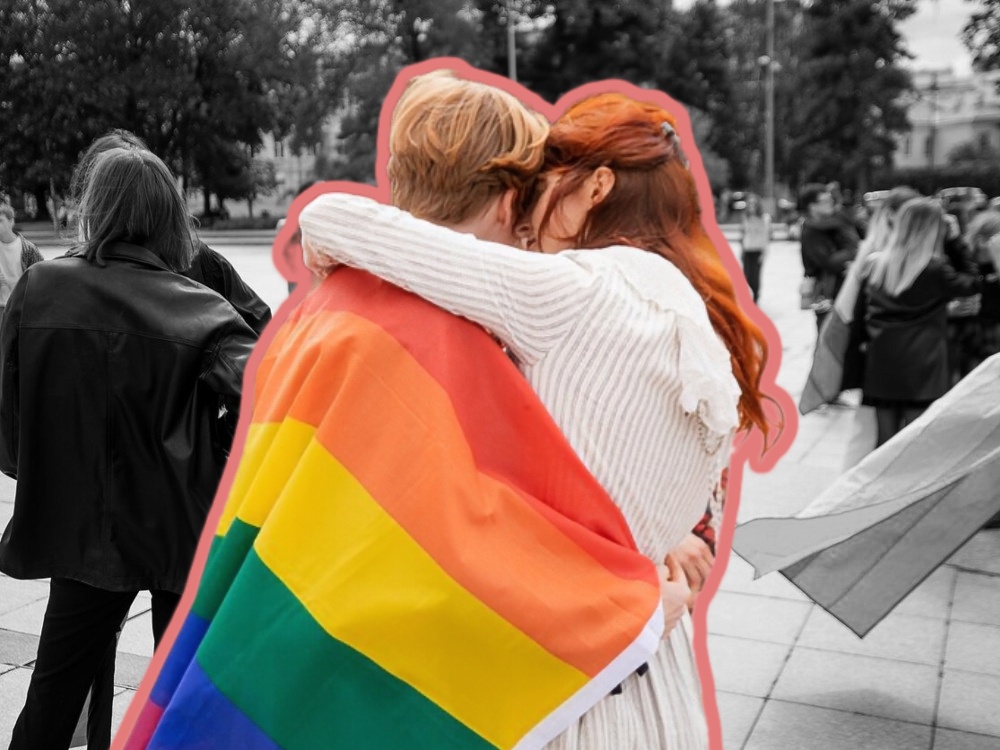In a groundbreaking legal decision, a Lithuanian court has recognised a same-sex couple as a legal family, marking a historic milestone for LGBTQ+ rights in the Baltic nation.
The two women, whose names have not been disclosed, had been living together and sought legal recognition of their partnership. The Vilnius City District Court agreed with their plea and declared that the government must establish a legal framework for same-sex couples to register their relationships.
Although Lithuania’s Constitution explicitly bans same-sex marriage and the Civil Code similarly excludes same-sex relationships from civil partnership status, the court’s decision aligns with a recent shift in the country’s legal landscape.
Earlier this year, Lithuania’s Constitutional Court ruled that the Civil Code’s restriction of relationship recognition to only heterosexual couples was unconstitutional. The court stated that this limitation breached fundamental constitutional principles, such as “the concept of the family derived from [the constitution], respect for human rights and dignity, as well as the values of equality, pluralism, and tolerance inherent in a democratic society.”
However, this Constitutional Court ruling requires legislative action by the Seimas (Lithuania’s parliament) to take full effect. In the interim, lower courts have the ability to interpret existing laws more inclusively and grant certain rights to same-sex couples.
The couple’s lawyer, Aivaras Žilvinskas, hailed the decision as a major step forward:
“For the first time in history, the family status is recognised,” he told LRT.
“All those laws and regulations that talk about people being members of a family – economic and social benefits, allowances, support – automatically apply to these couples.”
The ruling has sparked further interest among other same-sex couples. According to LRT, approximately 20 other couples have filed similar petitions seeking recognition of their relationships.
Artūras Rudomanskis, chair of the LGBTQ+ advocacy group Tolerant Youth Association (TJA), shared his optimism about the ruling’s ripple effect.
“Since this ruling, we have been approached by some concerned people who wanted to learn how the litigation was done,” he said. “Maybe there are more, but at least from what I could count, it’s around that number.”
Despite the progress, Rudomanskis emphasised that much work remains.
“We are happy that more people will be equal, but there is still a long way to go,” he said.
“For people to be truly happy and feel equal, we need a functioning law-based system so we don’t have to go through the courts.”
He added that pursuing recognition through legal proceedings can be a lengthy and complicated process, often taking several months.


































